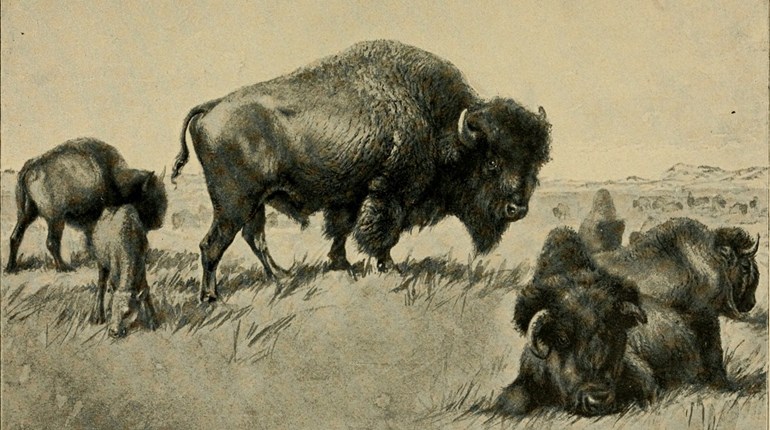
On Aug. 1, the U.S. Circuit Court of Appeals in Washington, D.C., handed down its 54-page ruling on Great Lakes wolves: Gray wolves will remain protected under the Endangered Species Act (ESA) and state management will not be allowed. While the ruling doesn’t immediately remove federal protections from wolves in the Western Great Lakes states of Michigan, Wisconsin and Minnesota, the court’s decision regarding the important issue of a “distinct population segment” (DPS) is a win for sportsmen.
The court opinion states “aspects of the Segment Policy plainly work in both the listing and delisting directions. … The Solicitor’s Opinion, formally adopted by the Service, has now explicitly interpreted the Act to allow the segment tool for delisting.”
In short, this ruling means anti-hunting organizations such as the Humane Society of the United States (HSUS) can no longer argue, as they did in a 2014 lawsuit, that wolves must recover across their entire historic range before delisting can occur. The “segment model” of management can be allowed under the terms of the ESA.
That is indeed a win for proponents of state-managed wolf populations. The court determined that whether there are wolves in regions outside the core recovery area is irrelevant, as the wolves in the core Western Great Lakes are not only secure, but thriving. “Further, for all six of the States with no wolf plans, the Service reasonably concluded that the deaths of any wolves that might enter those States would be so minimal as to pose no threat to the segment’s survival,” states the ruling.
Precedent like that is important in what will surely be more legal wrangling as states with huge wolf populations—Minnesota, for example, with a current wolf population of more than 2,700—try to regain control of their own natural resources.




































